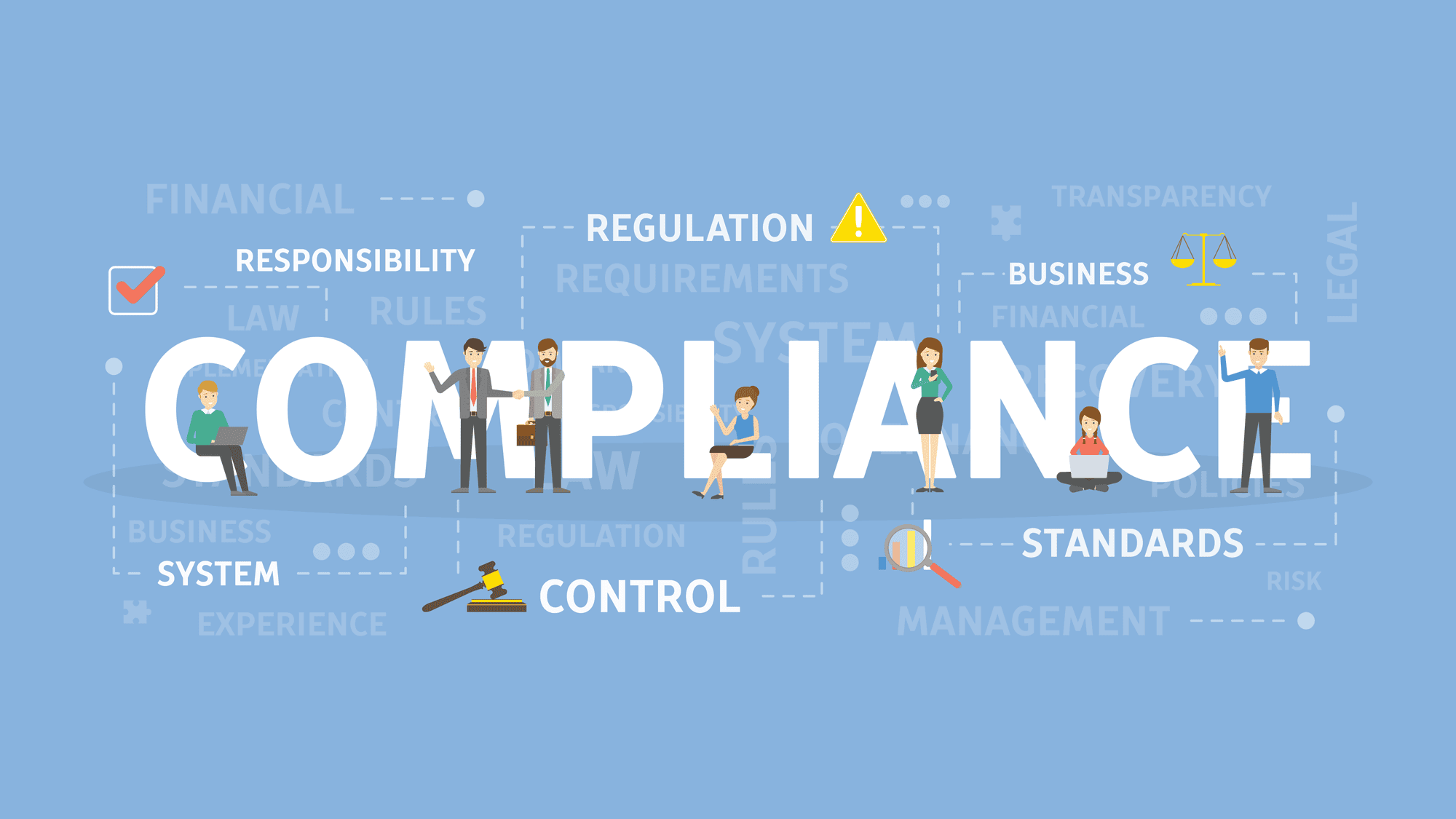Who is a Politically Exposed Person?

Who is a Politically Exposed Person?
In this article we will attempt to give a broad definition of a Politically Exposed Person as well as some basic guidance for identifying a potential PEP.
Defining a Politically Exposed Person (PEP)
A “politically exposed person” or “PEP” is an individual that holds a prominent position of influence or function. Due to their role, they may be more susceptible to bribery, corruption or other money laundering offences. In addition, any close business associate or family member of such a person will also be deemed a risk, and therefore could also be added to the PEP list.
PLEASE NOTE: If an individual is identified as a PEP, this does not mean that they are involved in criminal activity, but it means that precautions may need to be taken as they are of higher risk to financial institutions and businesses.
Types of Politically Exposed Persons:
- Domestic PEPS: Individuals that hold prominent public positions or functions domestically. This includes the Head of State or government, senior executives and financial regulators.
- Foreign PEPs: Individuals that hold equivalent prominent public positions or functions within foreign countries.
- International PEPs: Individuals that hold prominent public positions or functions at the international level. These may include board members in international organisations as well as senior management positions.
- Family members of PEPs: individuals that are related to a PEP can also be classified as PEPs themselves. Relatives that can be considered PEPs include:
- Parents and children of PEPs
- Spouse or partner
- Siblings
- Uncles and aunts
- In-laws
- Close associates of PEPs: Individuals who have close relations with a PEP through social ties or business.
PEPs in Government
Government officials that could be politically exposed persons are current or former officials appointed to government positions domestically or abroad. A person involved with any of the following professional roles is considered to be a PEP:
- Legislative Bodies: e.g.: a Member of Parliament;
- Executive Bodies: positions range from the head of state down to assistant ministers;
- Diplomatic Roles: Ambassadors and attaches;
- Judiciary Bodies: member of supreme courts, constitutional courts or high-level judicial bodies;
- State-Owned Enterprises: upper-level management as well as former high executives in cases where they retain influence.
PEPs in Organisations and Institutions
Political exposure is not limited to governmental or government-adjacent positions only. Senior members of the following institutions should be flagged as potential PEPs as well:
- Central Financial Institutions: e.g. board members of state banks;
- Armed Forces: high-ranking officers only;
- International Sports Committees: the Olympic committee, FIFA, etc.
What is PEP screening?
Doing business with Politically Exposed Persons (even unknowingly!) can place your business in violation of state and international AML legislation punishable by extremely high fines and in some rare cases even prison time.
PEP screening is the measure that can help protect your business from high-risk and PEP customers. You can find out more about the process and the most modern approach to screening here.
And if you’re all ready to safeguard your enterprise from AML law infringement, just request a demo from DataSpike and we will walk you through the process at a time slot most convenient to you.

